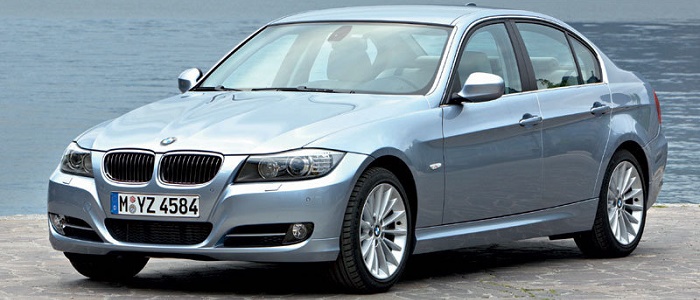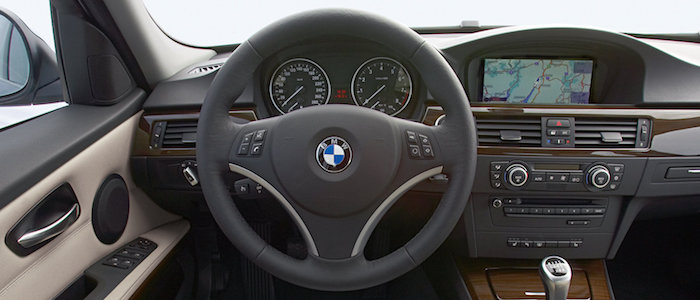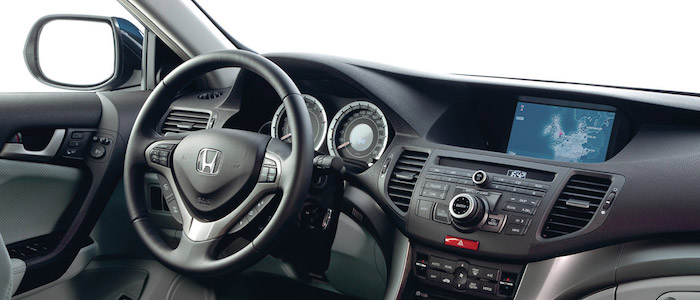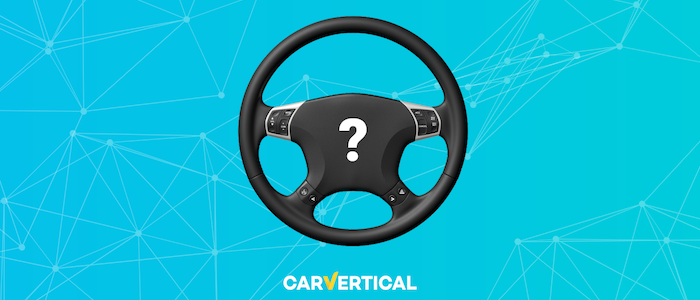Compare two cars
Compare any two cars and get our Virtual Adviser™ opinion
Dimensons & Outlines
Check vehicle history
Engine
Performance (manual gearbox)
Performance (automatic gearbox)
Expenses
Virtual Adviser's™ opinion
Two significantly similar cars, no doubt about that. Still, each one has something different to offer. Having both cars powered by diesel engines and utilizing the 4-door sedan body style within the same 'Large family car' segment, the only major difference here really is their wheel drive configuration (rear for the BMW and front in the case of the Honda). The first one has a BMW-engineered powertrain under the hood, a 4-cylinder, 16-valves 136hp unit, while the other one gets its power and torque from a 4-cylinder, 16-valves 150hp engine designed by Honda.
SafetyA starting point here would be to take a look at the results from European New Car Assessment Programme (Euro NCAP) tests which were performed on both of the cars, with the same number of safety stars gained in the process. Moving further on, let's take a closer look at some additional safety-related facts. Both vehicles belong to the large family car segment, which is generally a good thing safety-wise, but it doesn't do much to help us decide between the two. On the other hand, taking kerb weight as an important factor into account, the Japanese car offers a marginal difference of 7% more metal.
ReliabilityI don't like generalizing things when it comes to reliability, although it does seem that Honda is significantly less fault-prone, when all the models are taken into account. These are the results of an independent reasearch, while our visitors describe reliability of BMW with an average rating of 4.1, and models under the Honda badge with 4.7 out of 5. The same official information place 3 Series as average reliability-wise, and Accord is more or less at the same level.Above it all, drivers of cars with the same engine as the German car rank it on average as 3.5, while the one under the competitor's bonnet gets 4.9 out of 5.
Performance & Fuel economyBMW is a bit more agile, reaching 100km/h in 0.7 seconds less than its competitor. Still, it lacks the power to win the top speed competition, topping at 210 kilometers per hour, 2km/h less than the other car. When it comes to fuel economy the winner has to be the German car, averaging around 4.5 liters of fuel per 100 kilometers (63 mpg), in combined cycle. We can't ignore that 24% difference compared to the Japanese car.
Verdict
Honda is apparently more reliable, not too much, but just enough. The most important thing when deciding between any two vehicles should always be safety, both passive and active. In my opinion, everything taken into account, the Japanese car offers slightly better overall protection and takes the lead. When it comes to performance, both vehicles provide similar experience, so I wouldn't point any of them out. the German car , on the other hand, consumps significantly less fuel, and that's a big plus. It's really tough to make a final decision here, but if I'd need to, I'd say BMW. Anyway, that's the most objective conclusion I could've came up with and it's based solely on the information found on this website. Aspects such as design, practicality, brand value and driving experience are there for you to measure them out. I suggest you spend two more minutes in order to find out which car, based on your needs and budget, would be picked by the virtual adviser™, among more than 12.000 different ones in our database.
Related articles
A vehicle that breaks down often makes for a frustrated owner. Lateness, embarrassment, and repair costs can turn your life into a nightmare. Reliability constitutes a quality you should seek in a used car. So, what are the most reliable car brands?
































